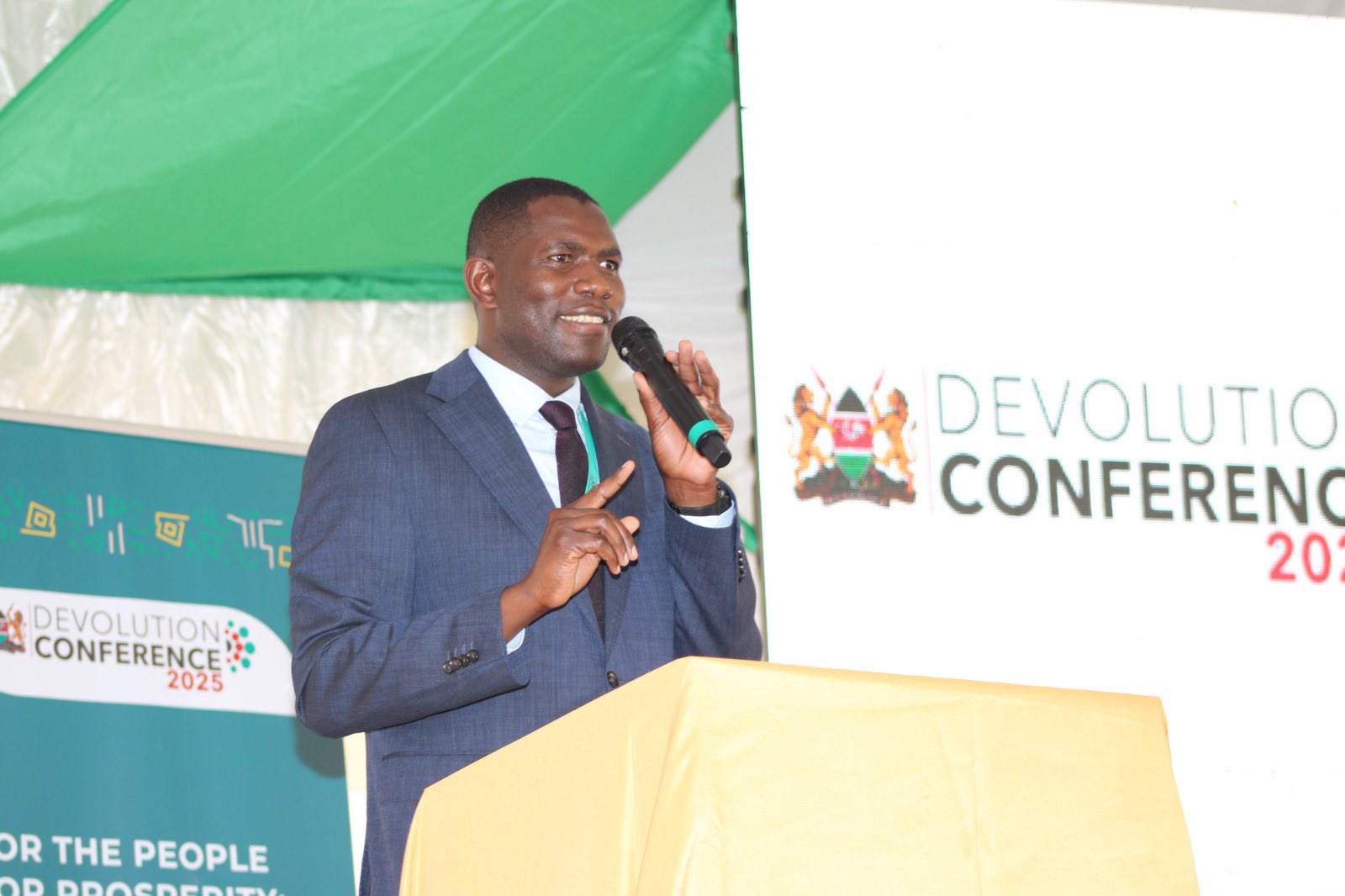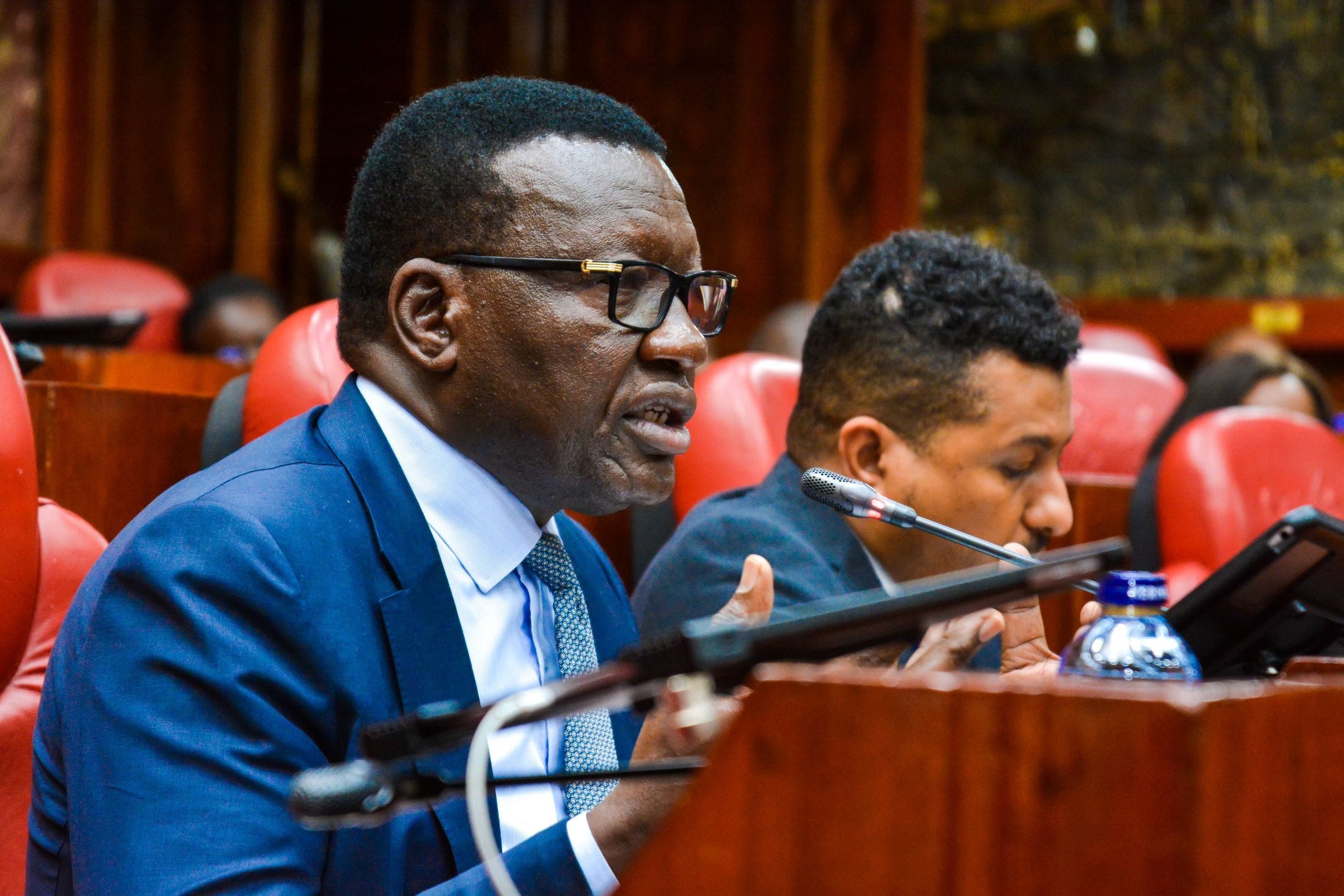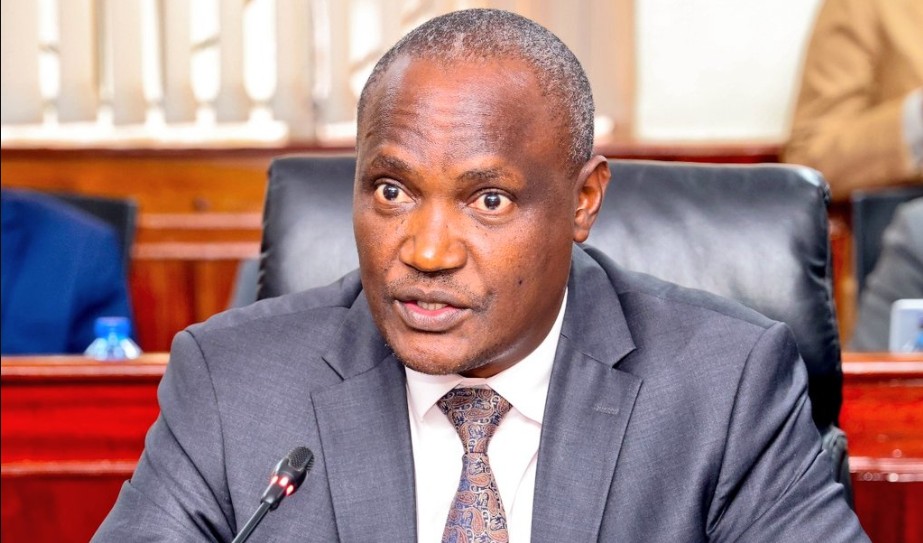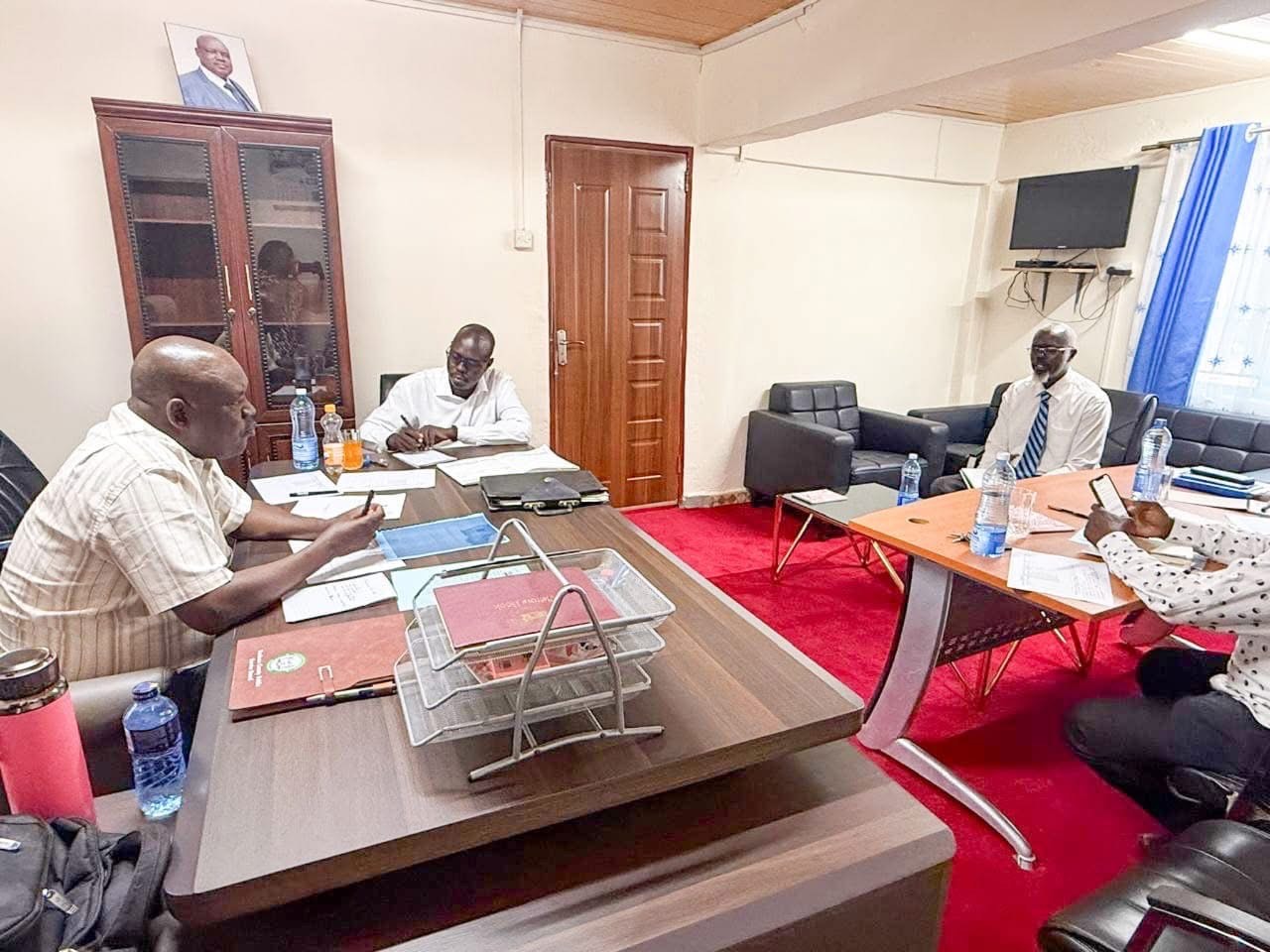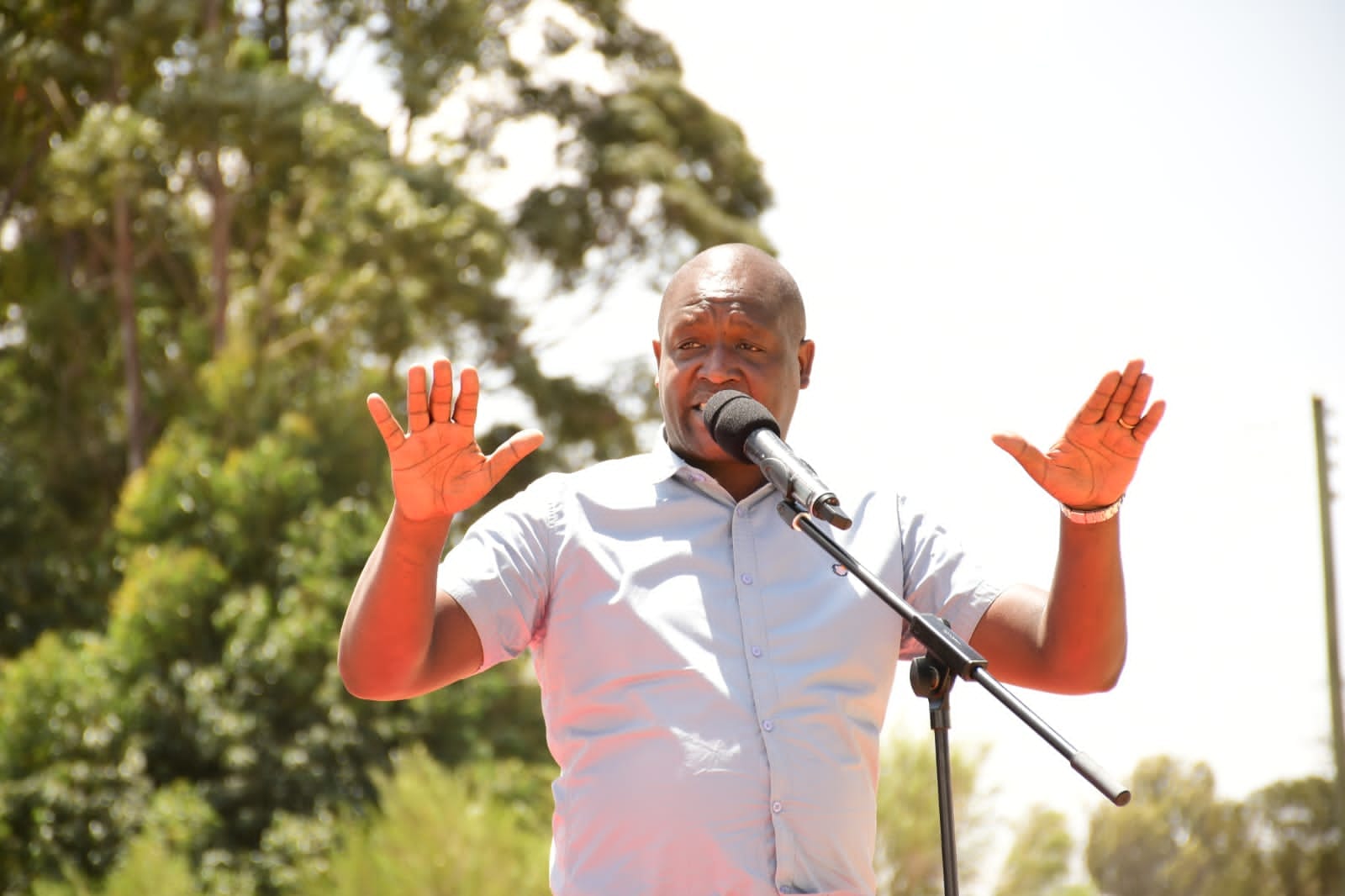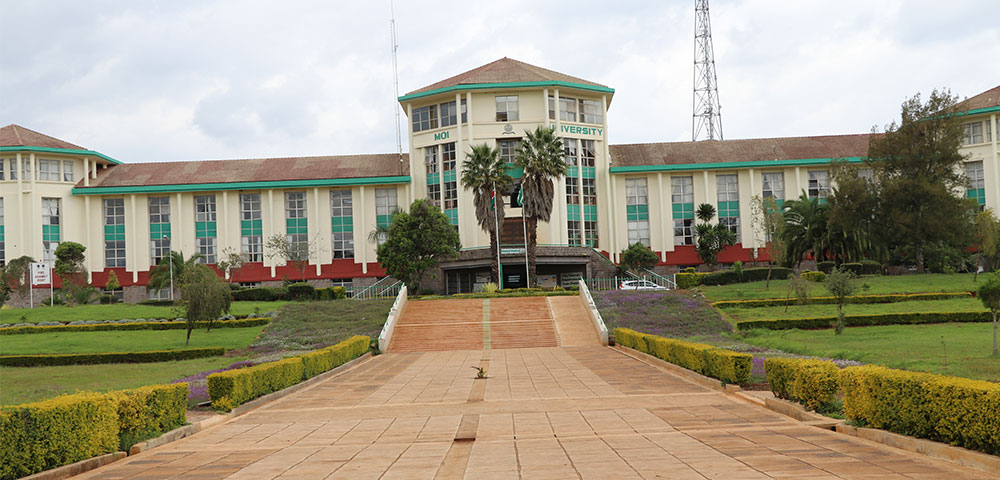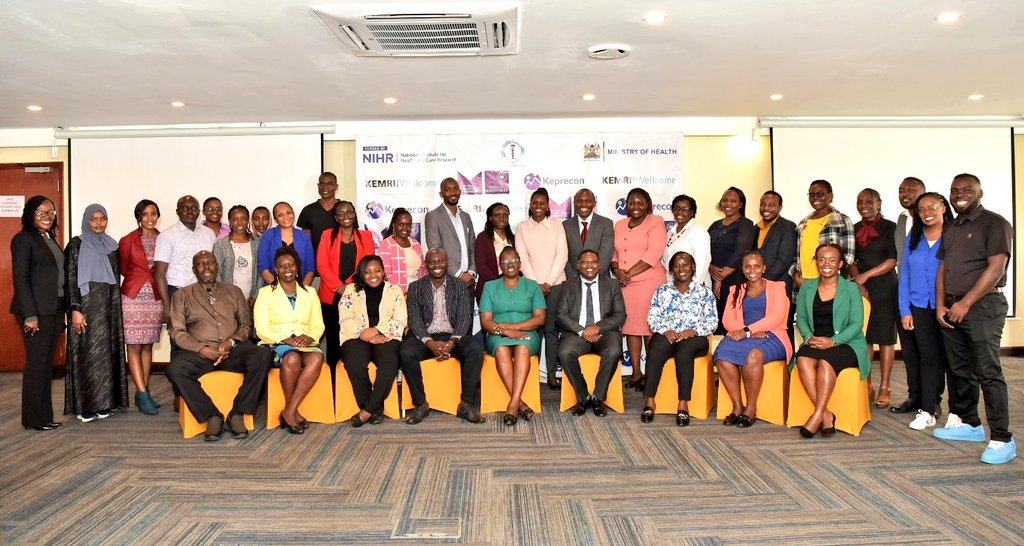IMF approves Sh106.7bn for Egypt amid calls for stronger policy implementation

The review becomes the third to be approved under Egypt's latest 46-month IMF loan program.
The International Monetary Fund(IMF) has approved the release of approximately Sh 106.7 billion ($820 million) during the third review under the Extended Facility Fund (EFF) for Egypt.
The IMF has urged for more progress in reining in state-owned enterprises policy, a presidential plan laid out in late 2022 to decrease the state's share of the economy and carry out reforms to prevent them from using unfair competitive practices.
More To Read
- Kenya and IMF agree to start formal talks on new lending programme
- Kenya to defer Sh88.1 billion IMF funding to next year
- CBK's foreign reserves hit four-year high after IMF boost
- IMF concerned over Kenya's budget shortfall despite proposed new taxes
- IMF warns Kenya over further interest rate cuts, citing risks to economic stability
- Kenya seeks Sh37.6 billion IMF funds cut citing lower financing pressures
"While there has been progress on some critical structural reforms, greater efforts are needed to implement the State Ownership Policy (SOP)," the IMF statement read.
The review becomes the third to be approved under Egypt's latest 46-month IMF loan program. The loan has been expanded to approximately one trillion shillings ($8 billion) this year after an economic crisis marked by high inflation and severe foreign currency shortages.
"Inflationary pressures are gradually abating, foreign exchange shortages have been eliminated, and fiscal targets (including related to spending by large infrastructure projects) were met," the IMF statement said.
The IMF has stated that despite macroeconomic conditions improving, inflationary pressures abating, foreign exchange shortages being eliminated, and fiscal targets being met after the approval of the combined first and second reviews of the program, the difficult regional environment generated by the conflict in Gaza and Israel tensions in the Red Sea, as well as domestic policy and structural challenges, can't be ignored, and thus needs a call for continued implementation.
The organisation also believes that the ongoing fiscal consolidation efforts will help place the country's public debt on a decisively downward path, especially in the energy sector.
"Particular attention will be needed to strengthen domestic revenue mobilisation and contain fiscal risks from the energy sector. This will also assist in generating some fiscal space to expand social spending in support of vulnerable groups," they added.
During the conclusion of the Executive Board's discussion, the Deputy Managing Director of IMF, Ms Antoinette M. Sayeh, emphasised the need for policy settings to support internal and external balance and hence maintain macroeconomic stability.
A sustained shift to a flexible exchange rate regime, a liberalised foreign exchange system, and continued implementation of a tight monetary policy stance is also key.
Ms Sayeh has also stressed the need to cut energy subsidies to support the smooth provision of energy to the population and reduce imbalances in the sector.
Egypt announced hikes in subsidised fuel prices on Thursday, July 25. Prices for diesel, kerosene, and other petroleum products were raised by at least 10 per cent, with petrol prices rising to 15 per cent.
Egypt's medium-term economic outlook took a new transformation in February after signing an approximately Sh 4.6 trillion ($35 billion) deal with Abu Dhabi sovereign wealth fund ADQ to develop Ras El Hekma on the North Coast.
The deal also included approximately Sh 3.1 trillion ($24 billion) allowing Egypt to build up record-high reserves of foreign currency.
Top Stories Today
- NTSA issues safety guidelines ahead of schools reopening
- Talks on global plastic pollution treaty end in Geneva without consensus
- Change of guard at AFRICOM as General Anderson assumes command
- Treasury CS warns counties on growing Sh103 billion pension debt, calls for reforms
- PS Oluga warns stigma denying thousands of PWDs vital health services
- Turkana launches promotion review to tackle staff career stagnation






